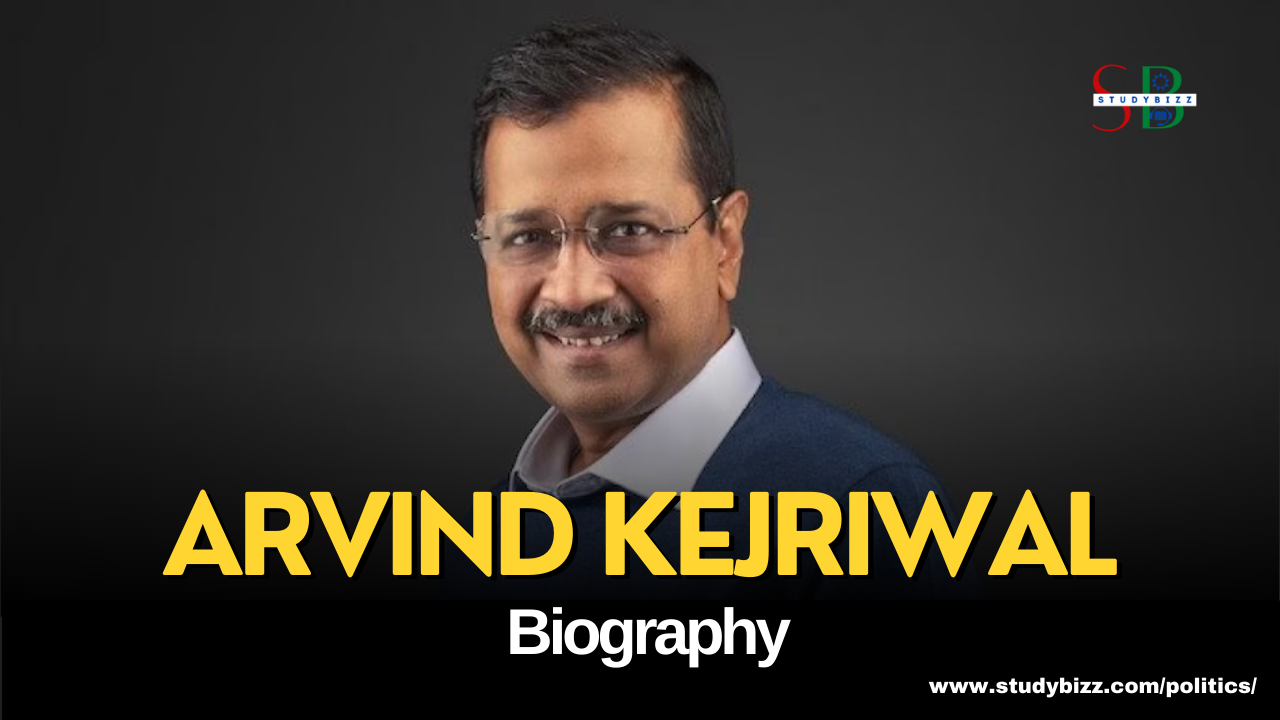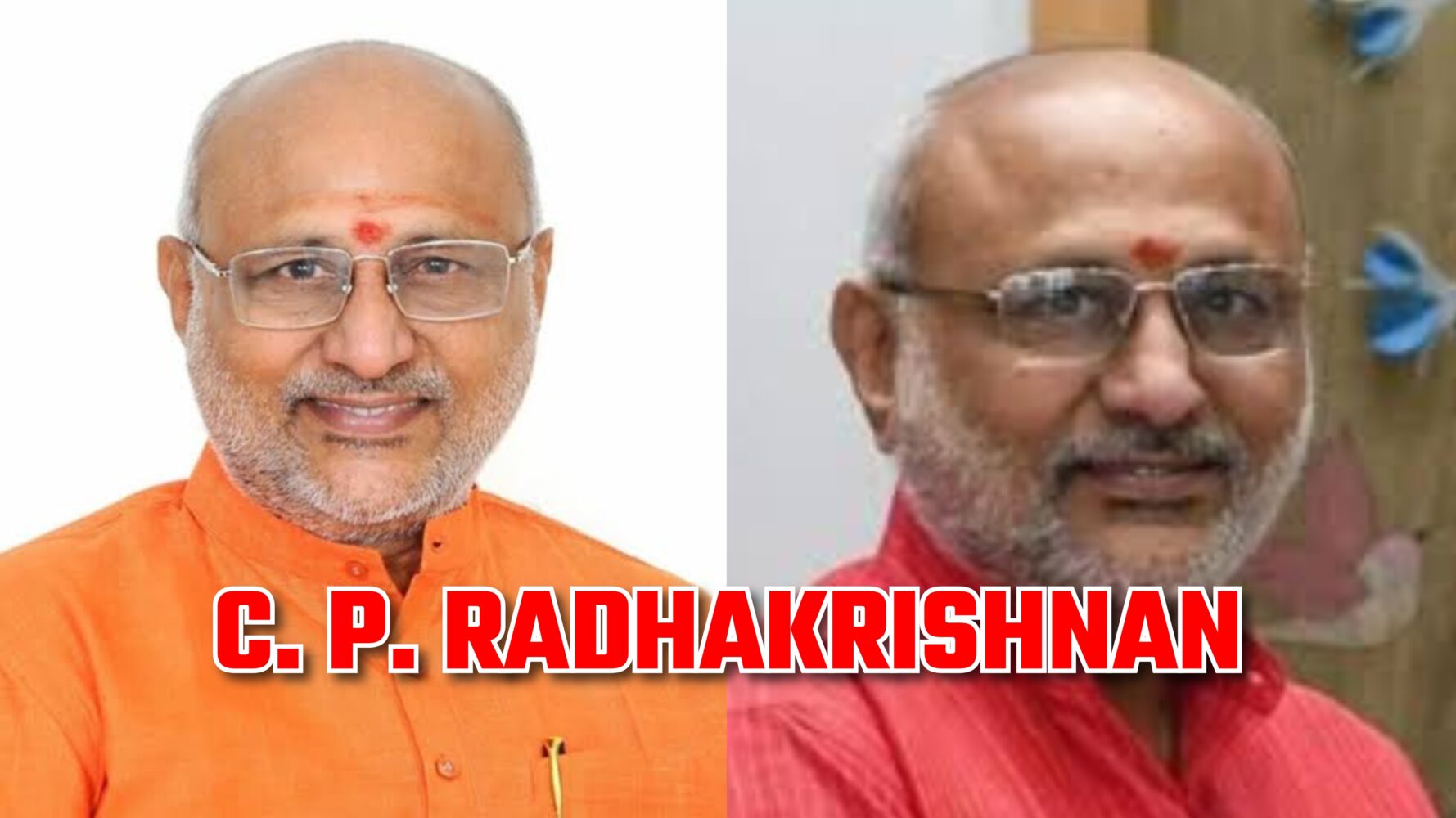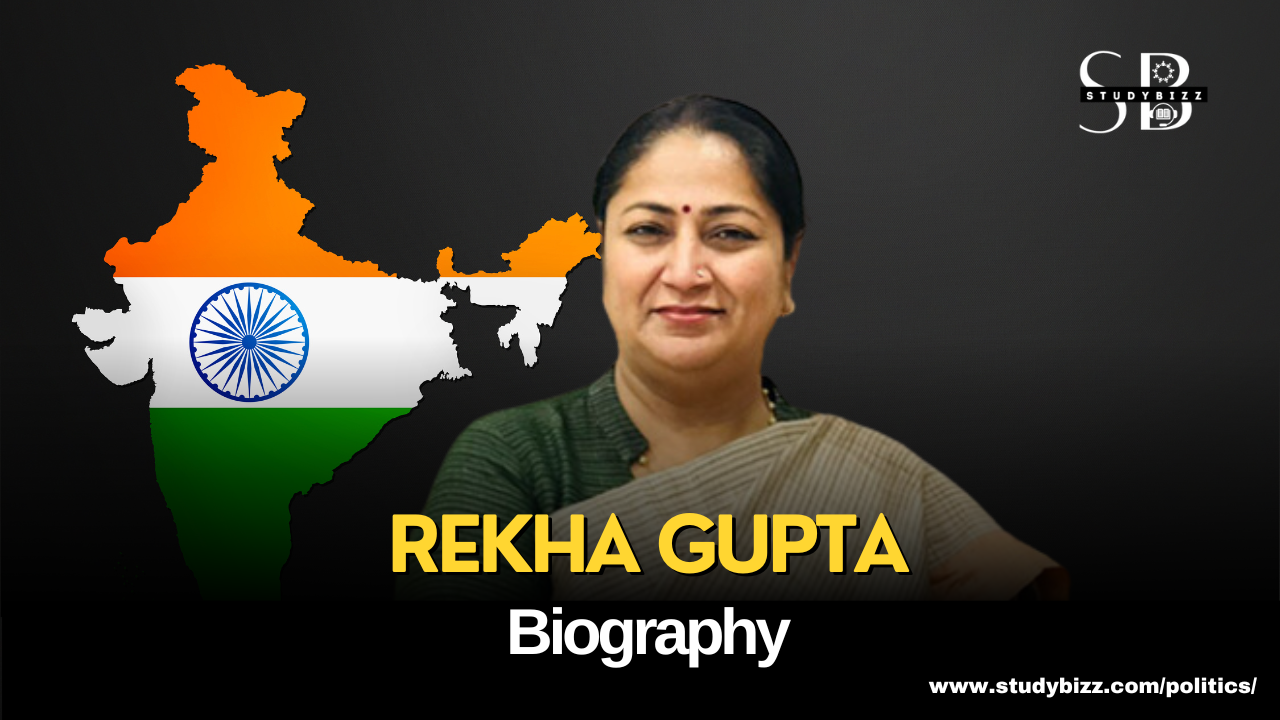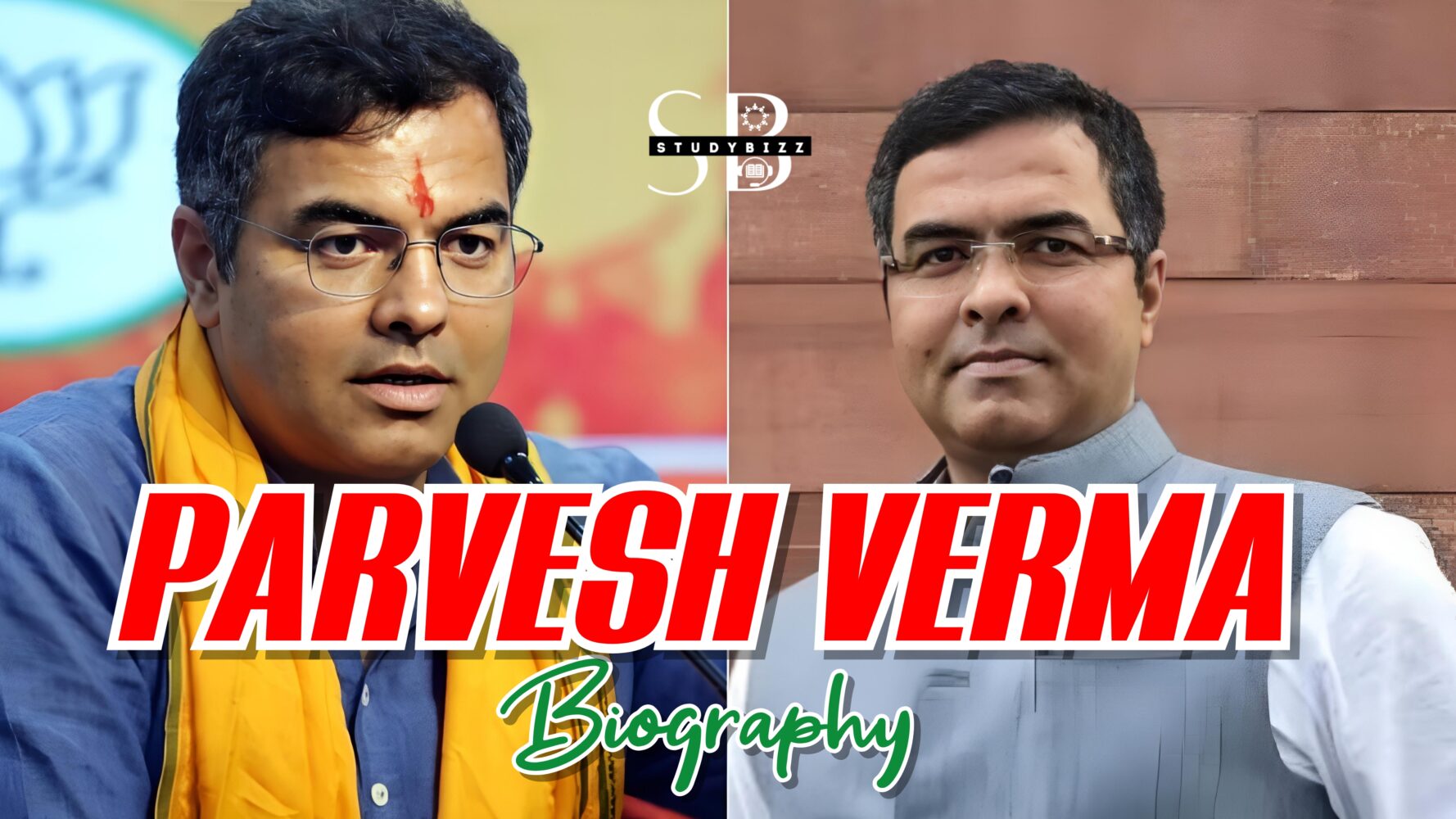About Arvind Kejriwal
Arvind Kejriwal is an Indian politician, activist and former bureaucrat, who is serving as the 7th and current Chief Minister of Delhi since 2015, after his first term in the post from 2013 to 2014. He is also the national convener of the Aam Aadmi Party since 2012. He has represented the New Delhi constituency in the Delhi Legislative Assembly since 2015 and from 2013 to 2014.
In 2006, Kejriwal was awarded the Ramon Magsaysay Award for his involvement in the Parivartan movement using right-to-information legislation in a campaign against government corruption. The same year, after resigning from Government service, he founded the Public Cause Research Foundation to campaign for transparent governance. Before entering politics, Kejriwal had worked in the Indian Revenue Service. Kejriwal is a mechanical engineer from the Indian Institute of Technology (IIT) Kharagpur.
Arvind Kejriwal’s Biography
| Full name | Arvind Kejriwal |
| Date of Birth/DOB | 16 August 1968 |
| Birth Place | Siwani, Haryana, India |
| Current Designation | 7th Chief Minister of Delhi |
| Current Address | Bungalow No. 6, Flag Staff Road, Civil Lines, Delhi. |
| Permanent Address | 87 Block, B.K.Dutt Colony New Delhi -110001 |
| Profession | Politician activist bureaucrat |
| Father name | Gobind Ram Kejriwal |
| Mother name | Gita Devi |
| Married | Yes |
| Spouse | Sunita Kejriwal |
| Children | 2 (1 Son and 1 Daughter) |
| Education Qualification | schooling at Campus School, Hisar, and Holy Child School, Sonipat. Later, he took the IIT-JEE exam and scored an All-India Rank of 563 in the year 1985. Kejriwal earned graduation degree in mechanical engineering from the Indian Institute of Technology, Kharagpur. |
| College or University | Indian Institute of Technology, Kharagpur |
| Religion | Hinduism |
| Caste | Vaishya (Baniya) |
| Nationality | Indian |
| Present Political Party | Aam Aadmi Party |
Arvind Kejriwal’s Career as an Activist
In 1999, Arvind Kejriwal started a movement named ‘Parivartan’ with Manish Sisodia (Deputy CM of Delhi) in the Sundar Nagar area of Delhi. The movement addressed the grievances of the general public related to the Public Distribution System (PDS), public works, social welfare schemes, income tax and electricity. It ran on donations given by individuals. In 2005, Arvind Kejriwal along with Manish Sisodia launched ‘Kabir’– a registered NGO, which focused on RTI and participatory governance. Unlike Parivartan, ‘Kabir’ accepts institutional donations and is majorly run by Manish Sisodia.
In 2000, a PIL (Public Interest Litigation) was filed by ‘Parivartan’ demanding transparency in the IT Department (public dealings). In 2001, the Delhi government enacted the RTI Act in the state allowing citizens to get information from the government by paying a small amount of money.
In 2002, ‘Parivartan’ obtained reports from the government on 68 public work projects via RTI and exposed misappropriations worth ₹ 7 million in 64 of the projects. In 2003, Privartan exposed a PDS scam where ration shop dealers were siphoning off subsidized foodgrains in collusion with civic officials.
In 2004, ‘Parivartan’ obtained reports on the privatization of water supply via RTI and questioned the huge expenditure on the project by the government. Later, the project was stalled as Arvind Kejriwal and other activists argued that it would hike water tariffs ten-fold which would cut off the water supply to the poorer sections of society.
Parivartan also led a judgement from the court that private schools that are built on public land availed at discounted prices must admit more than 700 poor kids for free.
Arvind Kejriwal along with other social activists– Anna Hazare, Shekhar Singh, etc. campaigned for a nationwide RTI Act which came into force in 2005. In 2006, Arvind Kejriwal was awarded Ramon Magsaysay Award for Emergent Leadership (for Parivartan).
In 2006, Arvind Kejriwal along with Manish Sisodia and Abhinandan Sekhri founded the Public Cause Research Foundation and donated the prize money of the Ramon Magsaysay Award as a seed fund. Prashant Bhushan and Kiran Bedi were the trustees of the newly formed foundation.
In 2010, Arvind Kejriwal protested against the corruption in the Commonwealth Games and argued that the CVC does not have any powers to take action against the guilty, while on the other hand, CBI was incapable of an unbiased investigation against the ministers who controlled it. Kejriwal advocated the appointment of Lokpal at the Centre and Lokayuktas in the states.
In 2011, Arvind Kejriwal along with Anna Hazare and Kiran Bedi formed India Against Corruption Group (IAC) demanding the enactment of the Jan Lokpal Bill. Later on, the campaign evolved as the 2011 Indian anti-corruption movement. Responding to the campaign, the Lokpal Bill was drafted by the National Advisory Council. The Bill does not have the powers to take action against the PM and other ministers involved in corruption and was criticized by Kejriwal and other activists.
The activists criticized the selection procedure of the Lokpal, transparency clauses, etc. Amidst this, a committee to draft the Lokpal Bill was constituted by the government where Arvind Kejriwal was one of the civil society representatives. Arvind Kejriwal alleged that the elected representatives of the committee ignore the recommendations made by the Activists and act like dictators.
Later, Anna Hazare announced his hunger strike and Arvind Kejriwal and other activists were arrested for defying the written undertaking. The activists were released and Kejriwal attacked the government over the detention and release by the police at their will. In 2011, the Government and the activists agreed on a settlement.
Chief Minister of Delhi First term
In the 2013, Delhi Legislative Assembly elections for all 70 seats, the Bhartiya Janata Party won 31 seats, followed by Aam Aadmi Party with 28 seats. Kejriwal defeated incumbent Chief Minister, Sheila Dikshit of the Indian National Congress (INC), in her constituency of New Delhi by a margin of 25,864 votes.
Second term
Kejriwal led Aam Aadmi Party won 67 of the 70 constituencies in the 2015 Delhi Assembly elections, leaving the BJP with three seats and the INC with none. In those elections, he was again elected from the New Delhi constituency, defeating Nupur Sharma by 31,583 votes. He took oath on 14 February 2015 as Delhi’s chief minister for a second time at Ramlila Maidan. Since then, his party has passed the Jan Lokpal Bill though with some differences
Third term
AAP won 62 seats out of 70 in the 2020 Delhi Legislative Assembly election. He took oath on 16 February 2020 as Delhi’s chief minister for a third time at Ramlila Maidan




Leave a Reply